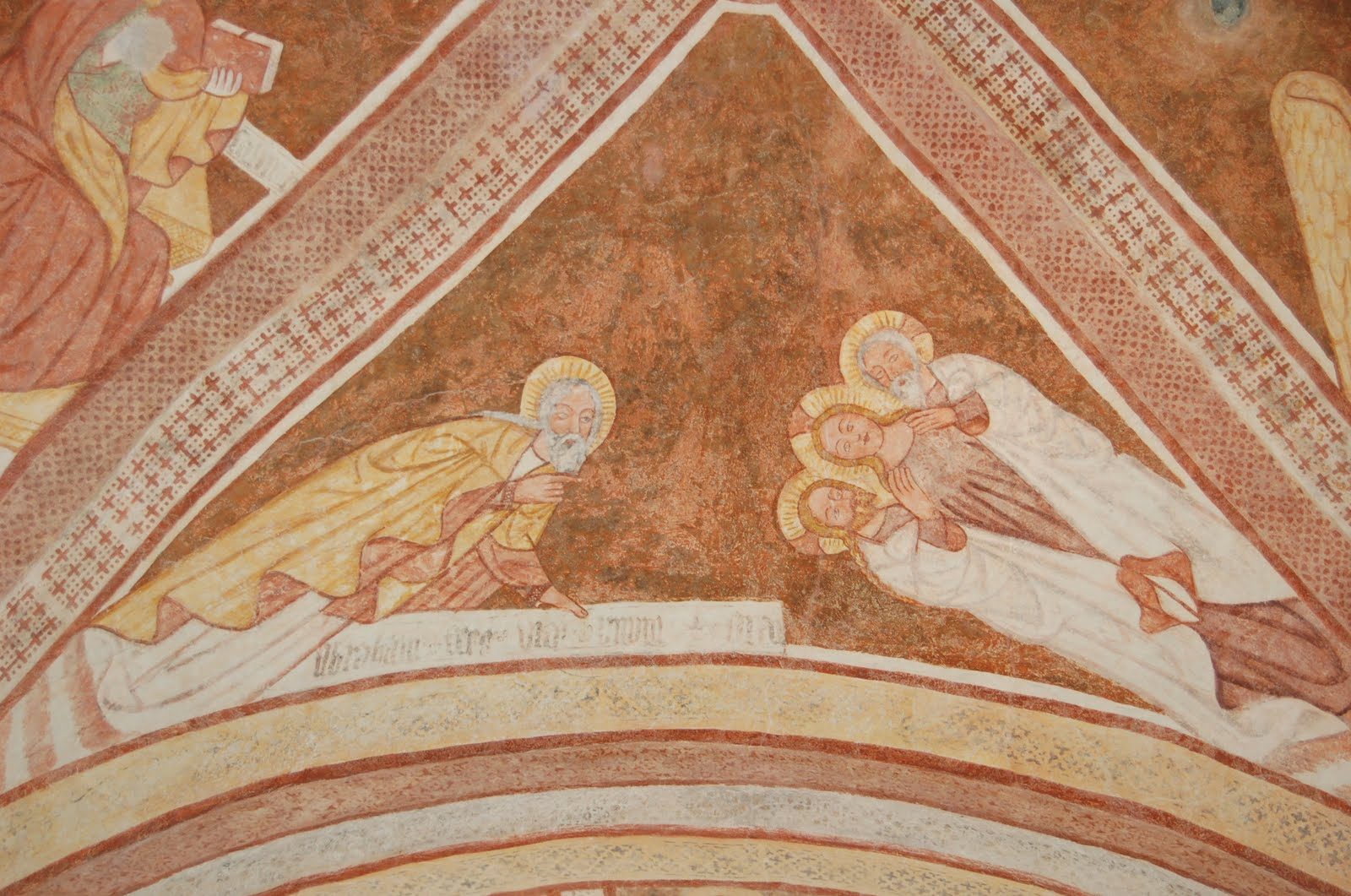This may rock your world more than you wanted, so soon. But the Divine Feminine Version of the New Testament (DVF) had another gift for me only half way through Matthew chapter 1: God as Lady.
I have always wondered how to make the term Lord egalitarian. It is antiquated, primarily masculine and dominance-focused. It never occurred to me that “Lady” was an equal counterpart to Lord, or could be. We use Lord anachronistically for God. So, why not Lady? We just have to get used to what it meant back in the ancient-day. A Lady had authority due to her husband’s land ownership in the Middle Ages. When her husband was gone on his adventures, her word was law at the manor.
In the DFV, in Matthew 1:20, an “angel of the Lady” appears to Joseph in a dream. This seems appropriate here, because the angel is saying, “Don’t be afraid to marry Mary,” the most esteemed woman and mother in history.
I have some getting-over to do though. Just as Lord is never used as a title for someone in our culture, lady has a very different meaning now than in the Middle Ages. Yesterday, I noticed a flyer for our local French Prairie Gardens, advertising a “Ladies Only” brunch. When I think of “Ladies,” which is becoming a retro-popular word again for women, I think of women in flowery polyester dresses with bejeweled clip-on earrings and powder-puffed necks. I think of the current (or 1950s) definition which emphases how different we are from the men. So set apart that we don’t even have a counterpart term for men. “Gentlemen” is rarely, if ever, used.
So maybe because of that set-apart implication it can work for God, too. I’m going to try it. Surely God is always a lady, good and kind and faithful.
The Strength of Lady
But what about me—am I a lady? I’ve never related to the word, but I’m trying on new meanings for it. I recently read Maya Angelou’s last memoir, Mom and Me and Mom. When her mom and dad divorced, they sent 3 year old Maya and her 5 year old brother alone on a train to live with the paternal grandmother in Arkansas. Maya’s mother took them back 10 long years later.
So at 13, Maya found herself unwilling to use the word Mother. Maya chose Lady instead. Instead of complaining, her mother humbly chose it for herself, too, eventually becoming Lady Baxter. Leaving behind the mistakes of Maya’s early years, Lady Baxter lived up to the title in its strength. She powerfully supported the teenage and adult Maya, who became a successful dancer, playwright, poet and activist.
So I can think of Lady God like I do Lady Baxter, who once told Maya, “You are the greatest person I have ever met.”
This is something we all need to hear from Lady God who is also our best notion of Mother, the One who “always protects, always trusts, always hopes, and always perseveres” (I Cor. 13:7) because we’re Her children.
***


Pingback: Just a Woman – The Mother God Experiment